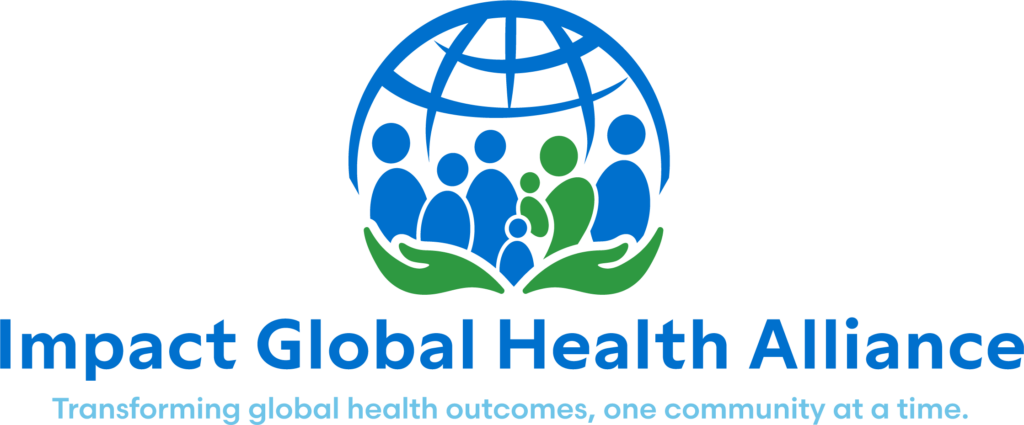Are you drinking water right now? Perhaps you have a bottle or a glass of it on your desk or nightstand. Maybe you had a glass with dinner or after a workout. Think about that glass of water; do you know where that water came from and how many complex systems it went through before you turned on your tap? The infrastructure and personnel involved in getting water from its source to your house in the United States is astounding enough, but now imagine you have no sink and no store at which you can buy bottled water. Furthermore, the nearest source of water is a six-mile walk from your house down a dusty dirt road. Not only must you bring enough water back for you and your family to drink, but also you will need water to wash and cook meals, to bathe in, and to wash clothes. Not to mention there is no running water to take care of human waste. How do you prioritize your day around fetching water?
This picture is reality for many people worldwide. In Sub-Saharan Africa, 71% of the burden for this chore falls on women and girls, who, on average, spend 40 billion hours per year fetching water. In Liberia in particular, the need for water is great: only 60% of rural populations have access to improved sources of drinking water and a shocking 7% of rural populations have access to improved sanitation facilities.
The answer to this question is the theme of the United Nation’s World Water Day on Friday, March 22: Water Cooperation. Cooperation emphasizing the need for groups to come together to reach common goals. Impact Global Health Alliance celebrates this day by highlighting our successes in water, sanitation, and hygiene health. Recently, our work in Liberia was featured in magazine in an article that describes the Nehnwaa Child Survival Project, managed in partnership with Ganta United Methodist Hospital (GUMH) in Nimba County. Through this project, Impact Global Health Alliance and GUMH hope to change the behavior of the whole family so that children are raised to understand the foundations of public health. Then they can seek to ensure public health in their communities as they grow up and start families of their own. Together, we can achieve this goal through improved access to drinking water and sanitation facilities.
The United Nations recognizes that every action that involves water management requires cooperation between groups at several scales, from the local to the international and that peace, prosperity, and sustainable development are made possible by cooperative water management. To this end, Impact Global Health Alliance pursues cooperation through partnerships with local organizations and committees to provide education and action on water and sanitation in communities with great need. Further, Impact Global Health Alliance supports a healthy and fruitful exchange of ideas between communities, organizations, and governments. We hope to continue to be a key piece of the puzzle in water cooperation.
More specifically, in Liberia, through the Ronald McDonald House Charities Water and Sanitation Program, Impact Global Health Alliance has increased capacity and access as well as mobilized the community. First, 198 Pump Mechanics as well as 686 Water, Sanitation, and Hygiene committees have been trained to date. These committees consist of local people who learn how to maintain water facilities as well as train others on water hygiene practices like hand washing and drinking safe water.
In addition, 96 latrines have been constructed and 145 have been rehabilitated, as well as 21 wells constructed and 22 wells rehabilitated to date. Water and Sanitation Officers have created initiatives with community leaders to conduct simple community assessments on sanitation by walking through the communities with the leaders to provide advice on how to improve the cleanliness of the communities. These projects have made tremendous impacts on the lives of rural Liberians.
Good news is also being reported out of our water and sanitation projects in Guatemala. The efforts by Guatemalan communities to improve access to safe drinking water will be showcased in the next edition of our “Grassroots” newsletter in early April. Impact Global Health Alliance appreciates your continued support and together we can work towards a world in which everyone has access to clean drinking water. Keep that in mind the next time you turn on your tap. Happy World Water Day!
About the author: Leah is earning her Masters of International Studies at North Carolina State University, concentrating in Sustainable Development. As a Impact Global Health Alliance International Development and Public Health Intern Leah works with our Liberia programs.
Sources:
Deen, Thalif. “Women Spend 40 Billion Hours Collecting Water.” Inter Press Service, 31 August 2012. Accessed 19 March 2013 http://www.ipsnews.net/2012/08/women-spend-40-billion-hours-collecting-water/.
World Health Organization and United Nations Children’s Fund. 2010. WHO/UNICEF Joint Monitoring Programme (JMP) for Water Supply and Sanitation. Accessed 19 March 2013 http://www.wssinfo.org/data-estimates/table/.
House, Christie R. 2013. Maternal and Child Survival in Liberia. New World Outlook. March/April 2013: 12-13.
UN Water. “World Water Day 2013: International Year of Water Cooperation. United Nations. Accessed 19 March 2013. http://www.unwater.org/water-cooperation-2013/water-cooperation/water-cooperation/en/.




